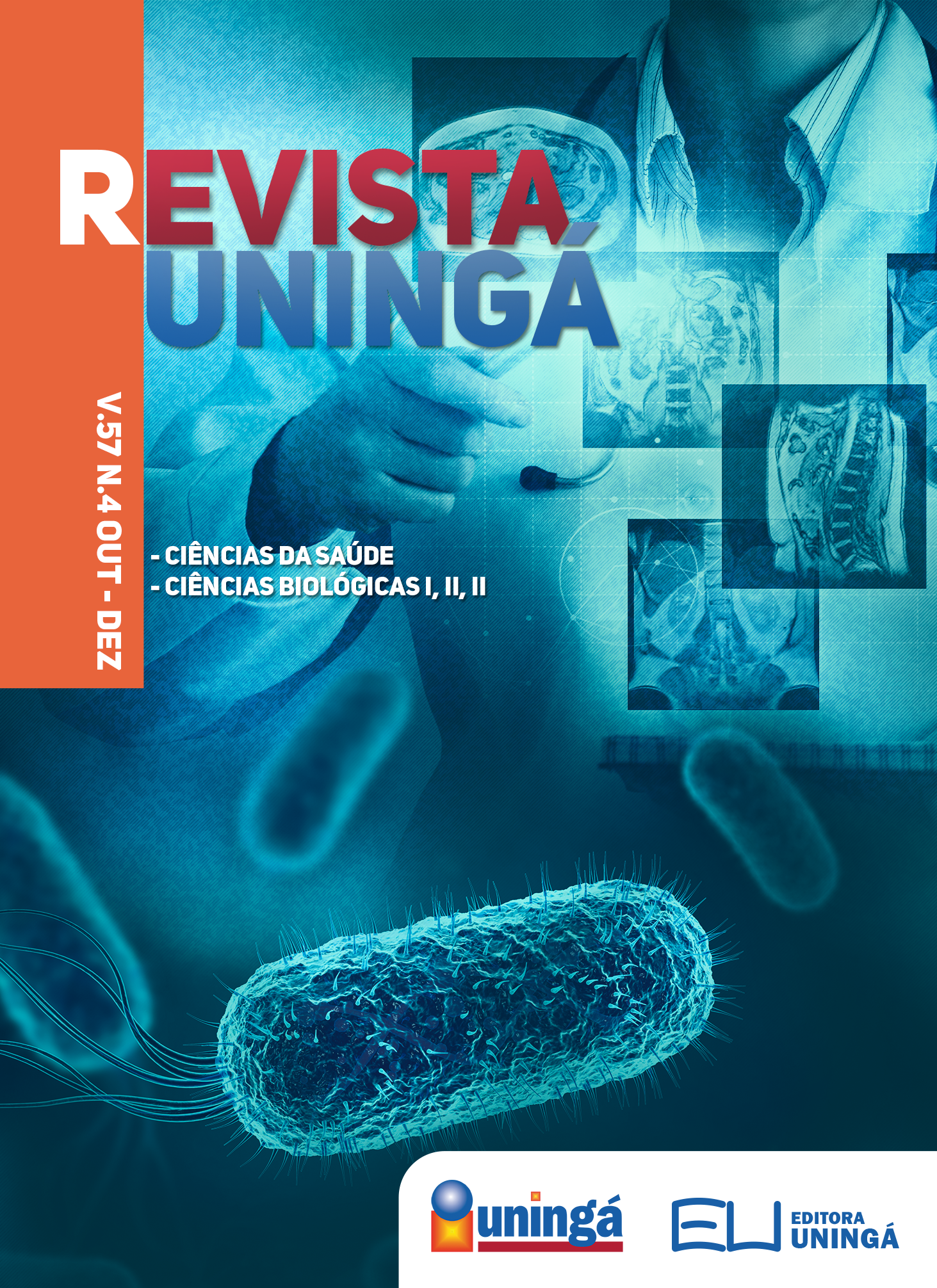TERAPIAS NÃO FARMACOLÓGICAS UTILIZADAS PARA ALÍVIO DA DISMENORREIA PRIMÁRIA: REVISÃO INTEGRATIVA
DOI:
https://doi.org/10.46311/2318-0579.57.eUJ3289Palavras-chave:
Dismenorreia, Enfermagem, Menstruação, Saúde da MulherResumo
A dismenorreia primária é considerada um distúrbio álgico em região suprapúbica associada também a outros sintomas, que ocorrem no período menstrual, provocando redução da qualidade das atividades de vida diária, atenuação da produtividade laboral e absenteísmo, constituindo-se um problema de saúde pública, o que torna imprescindível a busca por tratamentos eficientes. Diante dessa problemática e do grande número de mulheres que sofrem e são prejudicadas por esse distúrbio a pergunta norteadora desta pesquisa foi: “Quais as terapias não farmacológicas que podem combater ou amenizar a dismenorreia?” O objetivo deste estudo foi identificar na literatura evidências científicas sobre terapias não farmacológicas que podem ser utilizadas para o alívio da dismenorreia primária. Trata-se de uma revisão integrativa de literatura, que explorou artigos nas bases de dados Literatura Latino-Americana e do Caribe em Ciências da Saúde e Medical Literature Analysis and Retrieval System Online. O corpus da revisão foi composto por 29 publicações. Os métodos não farmacológicos relevantes para a redução da dismenorreia primária encontrados foram: acupressão; acupuntura; aromaterapia; bandagem elástica funcional; estimulação elétrica nervosa transcutânea; exercícios físicos; massagem aromaterapêutica; massagem terapêutica; moxabustão; pilates; raios infravermelhos; termoterapia e yoga. Os estudos apontaram que estes métodos foram efetivos para o alívio da dismenorreia primária. Nesse âmbito, é importante que os profissionais de saúde, tenham conhecimento acerca da efetividade destas terapias, o que contribui para a integralidade do cuidado, orientação eficiente e assertiva quanto aos inúmeros métodos alternativos existentes para estes quadros dolorosos.
Downloads
Downloads
Publicado
Como Citar
Edição
Seção
Licença
Declaro/amos que o texto ora submetido é original, de autoria própria e não infringe qualquer tipo de direitos de terceiros. O conteúdo é de minha/nossa total responsabilidade. Possíveis pesquisas envolvendo animais e/ou seres humanos estão de acordo com a Resolução 196/96 do Conselho Nacional de Saúde e seus complementos. Declaro/amos que estou/amos de posse do consentimento por escrito de pacientes e que a pesquisa e seus procedimentos foram oportunos e adequadamente aprovados pelo Comitê de Ética da instituição de origem. Afirmo/amos ainda que todas as afiliações institucionais e todas as fontes de apoio financeiro ao trabalho estão devidamente informadas. Certifico/amos que inexistem interesses comercial ou associativo que representem conflito de interesse relacionado ao trabalho submetido. Havendo interesse comercial, além do técnico e do acadêmico, na publicação do artigo, a informação estará superficializada no texto.



































